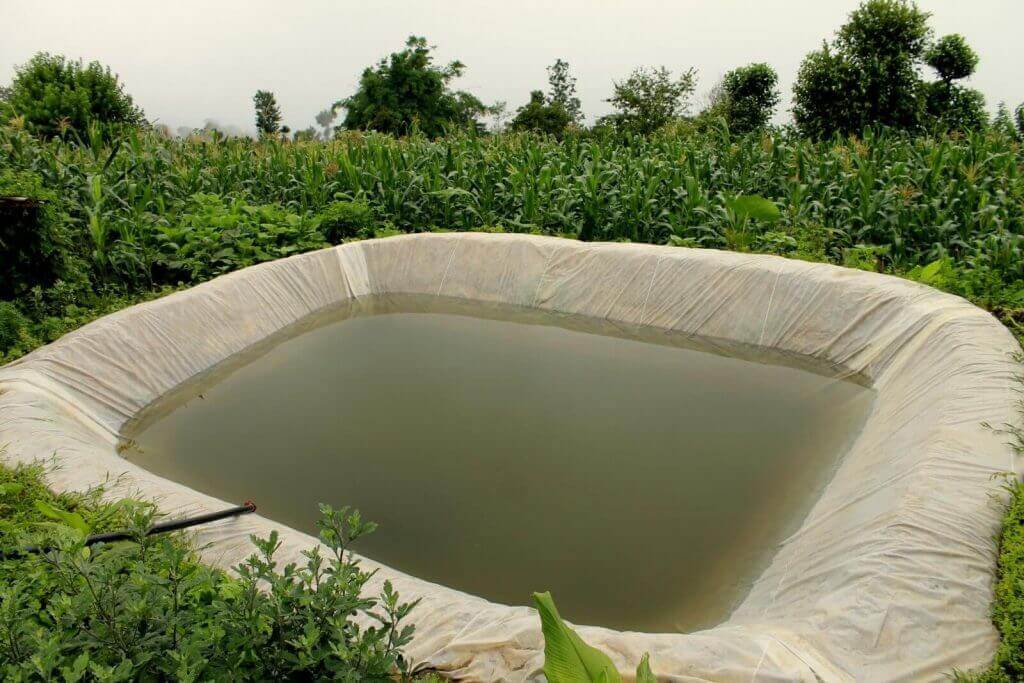
Zambia, a key provider of grains to neighboring countries during dry spells, has recognized the importance of water harvesting in ensuring food security and resilience in the face of climate change. President Hakainde Hichilema has called for the adoption of water-harvesting methods, emphasizing the need for grain producers, traders, farmers’ unions, and water harvester associations to actively engage in these practices. With its favorable hydrological conditions and strategic geographic position, Zambia has the potential to become a regional and continental breadbasket. This article explores the benefits of water harvesting and the potential it holds for Zambian farmers and the entire African continent.
Unlocking Potential Through Water Harvesting:
Water harvesting is gaining momentum across Africa, with several countries, including Kenya, Tanzania, Burkina Faso, Niger, and Ethiopia, showcasing significant increases in agricultural output among smallholder farmers. Reports indicate that water harvesting has contributed to annual crop yield increases from 1t/ha to 3t/ha and 4t/ha in some cases. Recognizing the potential of rainwater harvesting, the United Nations emphasizes that African countries facing water shortages due to climate change can benefit immensely from this practice. Countries like Ethiopia and Kenya have the capacity to meet the needs of their current populations several times over through effective water harvesting methods.
Africa’s Water Potential and the Need for Investment:
Contrary to popular belief, Africa is not water-scarce. The continent receives an ample amount of rainfall that, if harnessed effectively, can meet the needs of its population multiple times over. The United Nations report highlights that Africa’s water crisis is primarily a result of inadequate investment rather than physical scarcity. It emphasizes that about one-third of the continent is suitable for rainwater harvesting, even with an annual rainfall threshold as low as 200mm. With the right infrastructure and investments, Africa’s water resources can support the needs of nine billion people.
Zambia’s Role as a Champion of Food Security:
President Hichilema’s call for water harvesting aligns with Zambia’s ambition to lead the campaign for African food security. The ruling United Party for National Development recognized the importance of climate resilience and sustainable farming practices during the 2021 election campaign. By promoting improved farming methods, climate-resilient seed varieties, and irrigation, Zambia aims to bolster its agricultural production and contribute to the region’s overall food availability and affordability.
Water harvesting offers tremendous potential for Zambian farmers and the African continent as a whole. By adopting these practices, Zambia can further solidify its position as a reliable provider of grains and contribute to regional food security. Water harvesting has already demonstrated its ability to significantly increase crop yields and mitigate the effects of water scarcity caused by climate change. To fully unlock this potential, it is essential for governments, farmers’ unions, and other stakeholders to invest in infrastructure and support the adoption of water-harvesting techniques. By harnessing the power of water, Africa can nourish its growing population, enhance agricultural productivity, and build resilience in the face of a changing climate.



















Leave a Reply